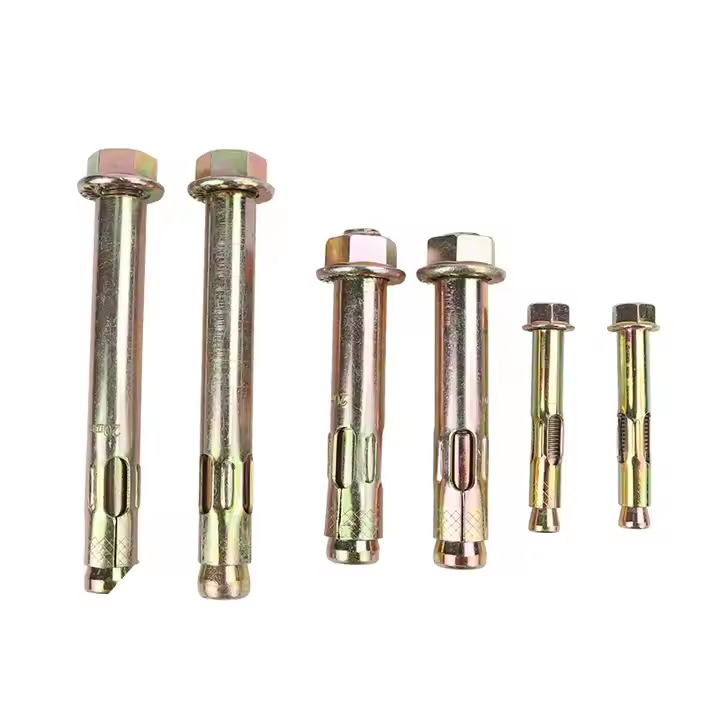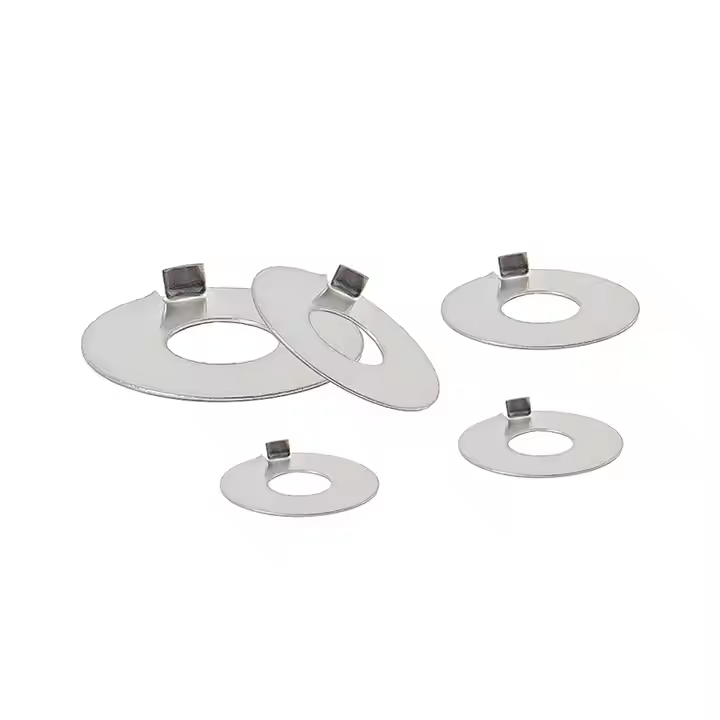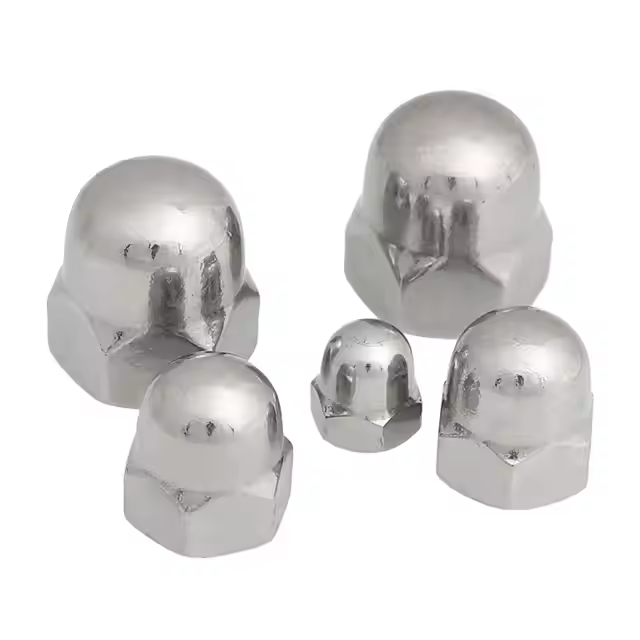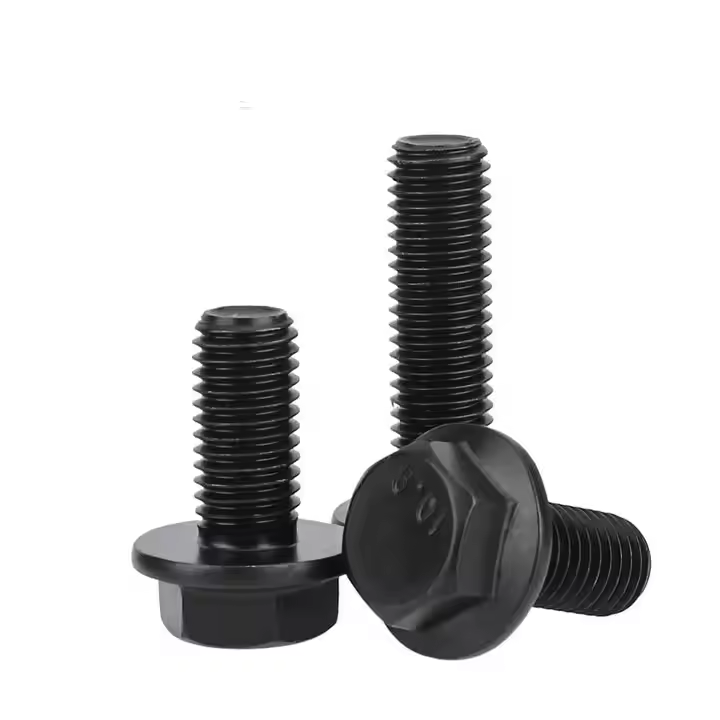

A grounding screw is a specialized fastener designed to create a secure electrical connection to ground, ensuring safety and preventing electrical hazards. Choosing the right type and size is crucial for effective grounding in various applications. This guide provides in-depth information on grounding screws, including their types, applications, and how to select the appropriate one for your needs.Understanding Grounding ScrewsA grounding screw, also known as an earthing screw, provides a low-resistance path for electrical current to flow to ground in the event of a fault. This helps prevent electrical shock and damage to equipment.What is Grounding?Grounding is the process of creating an intentional, low-resistance path to earth. This path allows fault currents to flow safely back to the source, tripping circuit breakers or fuses and interrupting the electrical circuit. Proper grounding is essential for safety and equipment protection.Why are Grounding Screws Important?Grounding screws provide a reliable and secure connection point for grounding conductors. A loose or corroded connection can compromise the effectiveness of the grounding system, increasing the risk of electrical hazards. Using a properly sized and installed grounding screw ensures a solid and durable connection.Types of Grounding ScrewsVarious types of grounding screws are available, each designed for specific applications and materials. Here are some common types: Machine Screws: These are commonly used in metal enclosures and equipment where a tapped hole is available. Self-Tapping Screws: These screws can create their own threads as they are driven into a material, making them suitable for applications where a tapped hole is not available. Sheet Metal Screws: Designed for use in thin metal sheets, these screws have a sharp point and coarse threads. Wood Screws: These screws are used for grounding in wooden structures or enclosures. They typically have a tapered shank and coarse threads for secure holding power. Green Grounding Screws: Marked with a green color to indicate their purpose clearly, these screws come in various types and sizes. The color coding helps to easily identify the grounding screw during installation.Applications of Grounding ScrewsGrounding screws are used in a wide range of applications, including: Electrical Panels: Connecting grounding conductors to the panel enclosure. Equipment Grounding: Grounding appliances, machinery, and other electrical equipment. Outlet Boxes: Grounding receptacles and switches in electrical boxes. Automotive Grounding: Grounding electrical components in vehicles. Electronic Devices: Grounding circuit boards and enclosures in electronic devices.Selecting the Right Grounding ScrewChoosing the right grounding screw involves considering several factors:Material CompatibilityEnsure that the screw material is compatible with the material being grounded. For example, using a stainless steel grounding screw in an aluminum enclosure can lead to galvanic corrosion. Common materials for grounding screws include steel, stainless steel, and brass.Size and Thread TypeSelect a screw size and thread type appropriate for the application. The screw should be long enough to provide a secure connection without protruding excessively. Common thread types include machine threads, self-tapping threads, and sheet metal threads. Refer to manufacturer guidelines or consult with an electrical engineer to determine the correct size and thread type for your specific needs.Head TypeThe head type of the screw should be chosen based on the application and accessibility. Common head types include pan head, flat head, and round head. Consider the tool needed to tighten the screw and the available space around the connection point.Standards and CertificationsEnsure that the grounding screw meets relevant industry standards and certifications, such as UL (Underwriters Laboratories) or CSA (Canadian Standards Association). These certifications indicate that the screw has been tested and meets specific safety and performance requirements. UL provides testing, inspection, and certification services for a wide range of products, including electrical components.Installation Best PracticesProper installation is critical for ensuring the effectiveness of a grounding screw. Follow these best practices: Prepare the Surface: Clean the surface where the screw will be installed to remove any dirt, grease, or corrosion. Drill Pilot Hole (If Necessary): If using a self-tapping screw, ensure the pilot hole is the correct size for the screw. Tighten Securely: Tighten the screw securely to ensure a good electrical connection. Avoid over-tightening, which can damage the screw or the surrounding material. Use Star Washers: Consider using star washers under the screw head to improve the electrical connection and prevent loosening due to vibration. Inspect Regularly: Periodically inspect grounding screw connections to ensure they remain tight and free from corrosion.Where to Buy Grounding ScrewsGrounding screws are available from a variety of sources, including: Electrical Supply Stores: These stores typically carry a wide selection of grounding screws and other electrical components. Hardware Stores: Many hardware stores carry a limited selection of grounding screws. Online Retailers: Online retailers offer a convenient way to purchase grounding screws from a wide range of manufacturers and suppliers. You can find a range of options through online retailers. Consider checking out options from suppliers and manufacturers directly. Directly from Manufacturers: Some manufacturers, like Hebei Muyi Import&Export Trading Co.,Ltd, offer grounding screws directly to consumers and businesses. Hebei Muyi Import&Export Trading Co.,Ltd specializes in exporting high-quality hardware and fasteners. Contact them for bulk orders or custom solutions.Troubleshooting Grounding Screw IssuesIf you encounter issues with your grounding screw connections, consider the following troubleshooting steps: Loose Connections: Tighten any loose screws. If the threads are stripped, replace the screw. Corrosion: Clean corroded connections with a wire brush and apply a corrosion inhibitor. Replace the screw if necessary. Incorrect Size: Ensure that the screw is the correct size and type for the application. Replace with the appropriate screw if needed. Damaged Screw: Replace any damaged or broken screws.Grounding Screw Standards and RegulationsSeveral standards and regulations govern the use of grounding screws and grounding systems. These include: National Electrical Code (NEC): The NEC provides comprehensive guidelines for electrical installations, including grounding requirements. UL Standards: UL standards specify the safety and performance requirements for electrical components, including grounding screws. CSA Standards: CSA standards provide similar requirements for products sold in Canada.Grounding Screw MaintenanceRegular maintenance of grounding screws is essential for ensuring the continued effectiveness of the grounding system. Follow these maintenance tips: Visual Inspection: Periodically inspect grounding screw connections for signs of corrosion, damage, or looseness. Torque Check: Verify that screws are tightened to the correct torque specifications. Cleaning: Clean connections with a wire brush and apply a corrosion inhibitor as needed. Replacement: Replace any damaged or corroded screws promptly.By understanding the types, applications, and installation best practices for grounding screws, you can ensure a safe and reliable electrical system.













Please enter your email address and we will reply to your email.